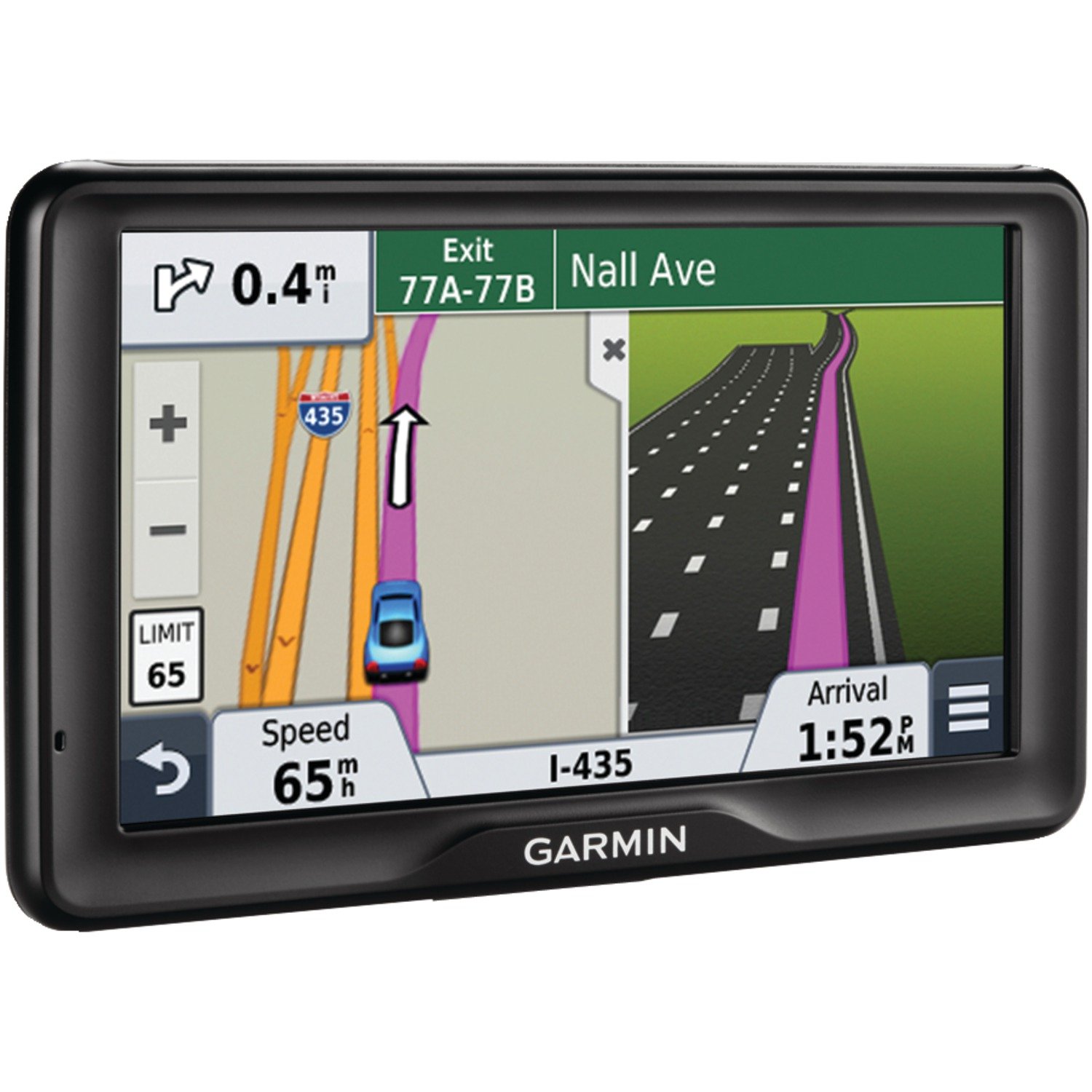Ever wondered how those tiny GPS trackers manage to pinpoint your car’s location with such accuracy? It’s more than just a simple signal; it’s a sophisticated interplay of technology and satellite communication. This comprehensive guide will demystify the inner workings of GPS trackers in cars, exploring their technology, benefits, and considerations for potential users. We’ll delve into the core technologies and dispel common misconceptions surrounding these increasingly popular devices.
Understanding the Fundamentals: GPS and Satellite Communication
At the heart of every GPS tracker is the Global Positioning System (GPS). This network consists of a constellation of 24 satellites orbiting the Earth, constantly transmitting radio signals. Your car’s GPS tracker receives these signals, calculating its precise location based on the time it takes for the signals to reach the device. This triangulation process, using signals from multiple satellites, provides both latitude and longitude coordinates, accurate to within a few meters in ideal conditions. However, factors like atmospheric interference and signal blockage can sometimes affect accuracy.
The Components of a Car GPS Tracker

A typical car GPS tracker comprises several key components:
- GPS Receiver: This is the core component, responsible for receiving and processing signals from GPS satellites.
- GSM/Cellular Modem: This allows the tracker to communicate its location data to a central server via a cellular network. This is crucial for real-time tracking and data access.
- Microcontroller: The brain of the operation, it manages data processing, communication, and power management.
- Power Source: Typically powered by the car’s battery, although some trackers offer alternative power options.
- Antenna: Ensures optimal reception of GPS and cellular signals.
Beyond Basic Location: Advanced Features of Car GPS Trackers

While basic location tracking is the primary function, modern GPS trackers offer a plethora of advanced features, including:
- Real-time Tracking: Monitor your vehicle’s movement in real-time on a map via a web or mobile app.
- Geofencing: Set virtual boundaries around specific areas. The tracker will alert you if the vehicle enters or exits these zones.
- Speed Alerts: Receive notifications if the vehicle exceeds a pre-set speed limit.
- Stop/Start Reports: Track the vehicle’s start and stop times and locations.
- Historical Data: Review the vehicle’s travel history over a specified period.
- Towing/Theft Alerts: Immediate alerts are triggered if the vehicle is moved unexpectedly.
Choosing the Right GPS Tracker: Factors to Consider
Selecting the right GPS tracker depends on your specific needs and budget. Key considerations include:
- Accuracy: How precise does the location need to be? Consider the level of accuracy required for your specific application.
- Battery Life: The tracker’s battery life is crucial, especially for long-term tracking. Consider the operating frequency and power-saving features.
- Data Usage: Real-time tracking and frequent updates can consume significant data. Choose a plan that aligns with your data usage needs.
- Features: Select a tracker that offers the features essential for your purposes. Not everyone needs geofencing or speed alerts.
- Compatibility: Ensure compatibility with your vehicle and the chosen tracking platform.
Installation and Practical Advice

GPS trackers can be professionally installed or, depending on the model, easily self-installed. Hidden installation is usually recommended for security purposes. Always consult the tracker’s manual for installation instructions. Once installed, ensure the device has a strong cellular signal and is properly connected to the power source. Regularly check the tracker’s functionality and battery levels.
Comparing GPS Trackers: A Look at Market Leaders
The market offers a wide range of GPS trackers, each with its strengths and weaknesses. Comparing features, pricing, and customer reviews before making a purchase is crucial. Some popular brands include [Brand A], known for its long battery life and robust platform, and [Brand B], praised for its user-friendly interface and advanced features. Consider factors like the monthly subscription fees, data limits, and customer support services when comparing options.
Ultimately, the “best” GPS tracker is subjective and depends on individual needs and preferences. Research thoroughly and read user reviews to make an informed decision.
Conclusion: Enhancing Security and Peace of Mind

GPS trackers for cars offer a valuable tool for enhancing security, monitoring vehicle usage, and providing peace of mind. Their sophisticated technology, coupled with a wide range of features, makes them a practical solution for a variety of applications, from fleet management to personal vehicle security. By understanding how they work and choosing the right model, you can leverage their benefits to protect your investment and improve overall vehicle management.